- WATITOTO hadir sebagai rumah terbaik bagi pecinta Toto Slot 4D online dengan performa gacor dan dukungan langsung dari bandar togel resmi terpercaya. Mengutamakan keamanan, kemenangan nyata, dan layanan profesional, WATITOTO siap membawa pengalaman bermain ke level tertinggi.
- WATITOTO hadir sebagai rumah terbaik bagi pecinta Toto Slot 4D online dengan performa gacor dan dukungan langsung dari bandar togel resmi terpercaya. Mengutamakan keamanan, kemenangan nyata, dan layanan profesional, WATITOTO siap membawa pengalaman bermain ke level tertinggi.

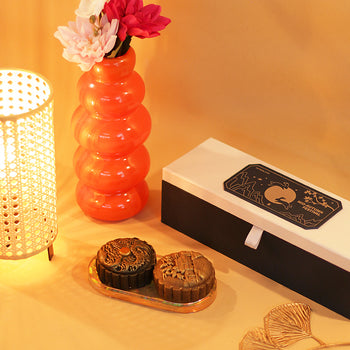
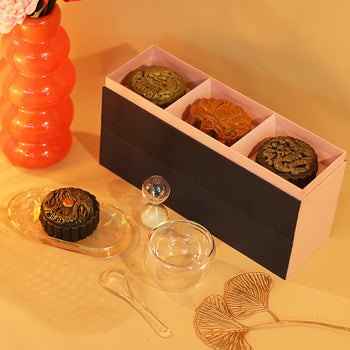
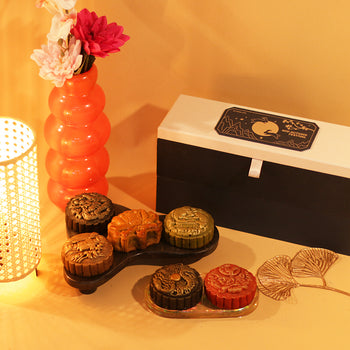
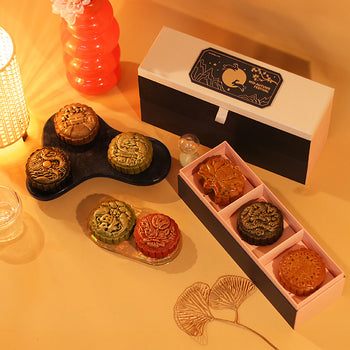
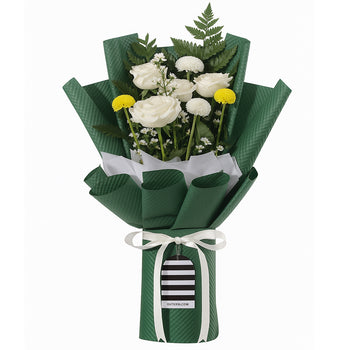








 PROMO
PROMO
 LOGIN
LOGIN
 DAFTAR
DAFTAR
 Live Chat
Live Chat